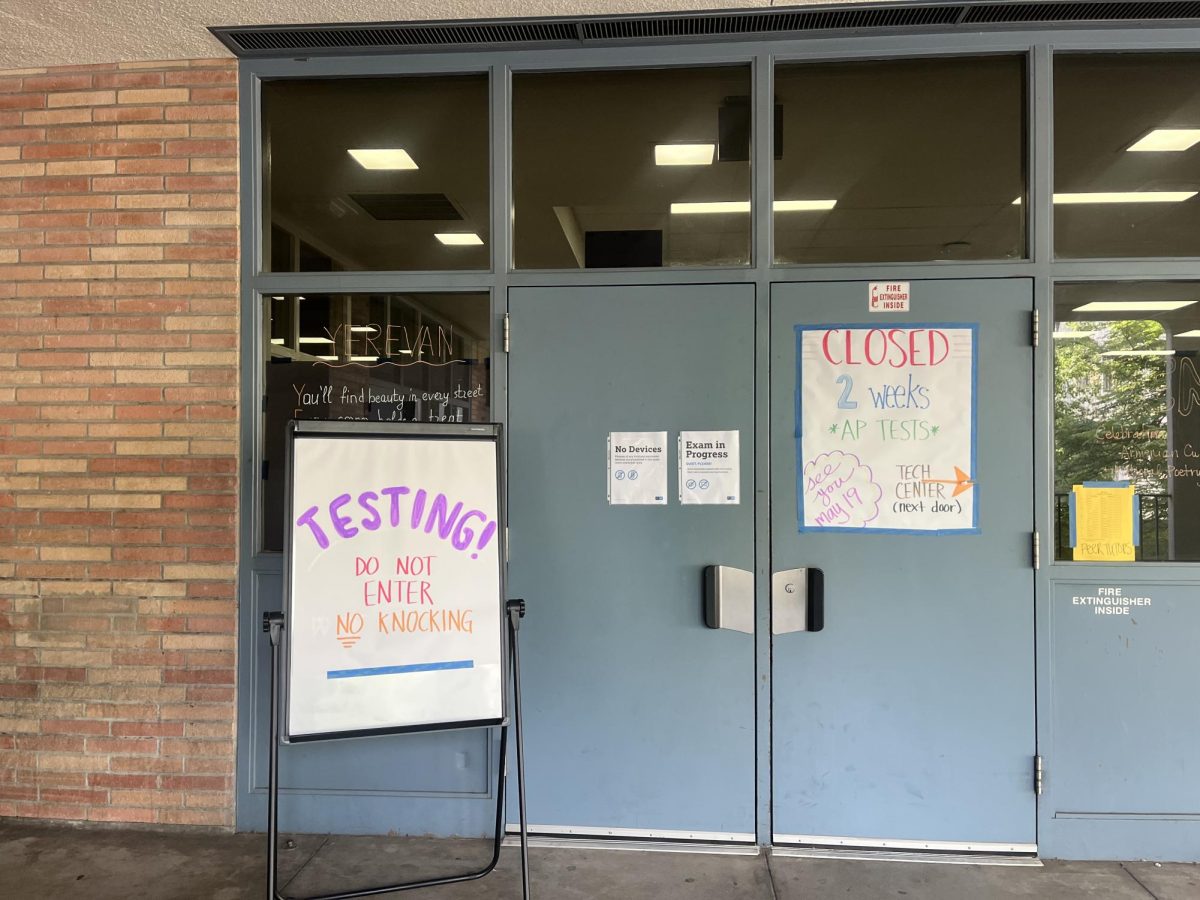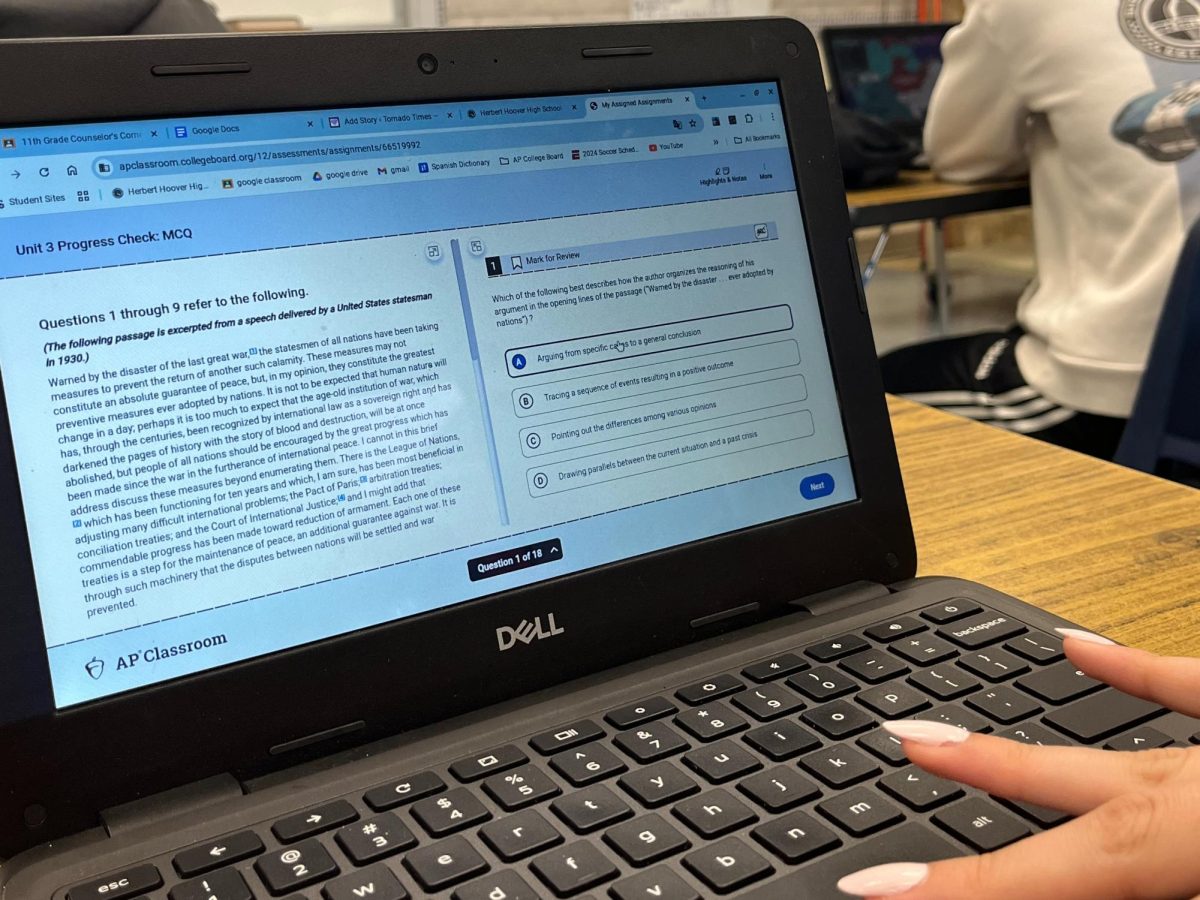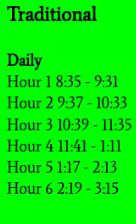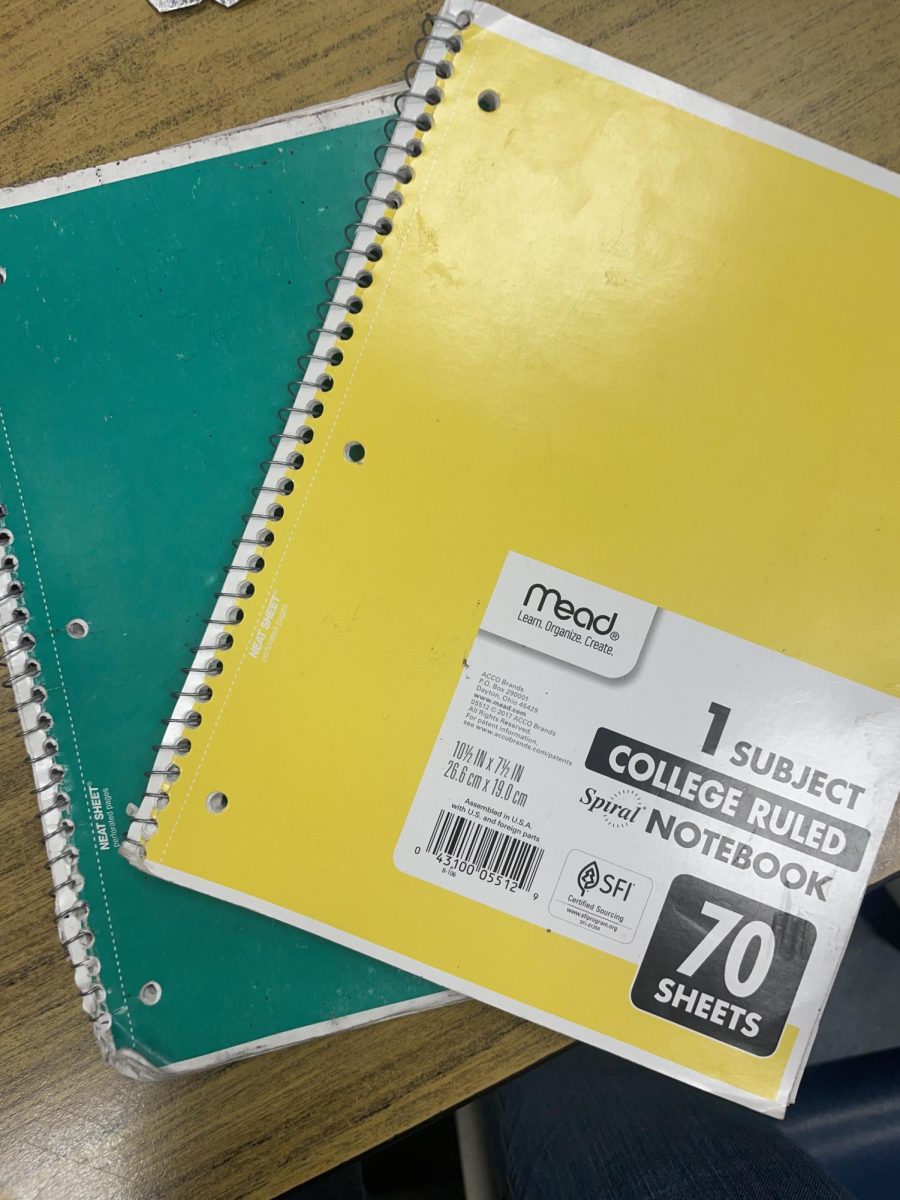Let’s be honest: how often have you crammed for a test, aced it, and forgotten everything by the next week?
It happens to the best of us, but not because we’re lazy or careless. Our education system often appears to be more focused on memorization than on actual learning. But is that preparing us for life outside of school?
In many classes, success means remembering vocabulary words, historical dates, or formulas long enough to repeat them on tests. We get rewards for remembering things quickly, not for understanding them deeply. After that? Poof. They disappear like your Snapchat messages. The problem is that this kind of “learning” doesn’t help us develop critical thinking, problem-solving, or creativity skills that colleges, jobs, and real life demand.
“I believe the teaching system is only meant to get a grade and pass a class rather than comprehend the information and educate oneself,” stated Valina Foeillet, an 11th-grade student at Hoover.
Daniel T. Willingham, in his article “Ask the Cognitive Scientist: Do Students Remember What They Learn in School,” notes that we often forget what we learn in school, especially in specific subjects. However, cognitive psychology suggests that we remember more than we think we do. Many lessons stick with us longer than we expect.
While Chromebooks and other tech tools are meant to help us learn, they can often worsen this problem. With answers just a few clicks away, copying, pasting, or relying on Google can be tempting, rather than truly understanding the material. We treat learning like a scavenger hunt—finding the correct information instead of thinking deeply about it. It becomes more about speed and getting a grade than comprehension.
Plus, staring at a screen for every class doesn’t inspire curiosity. It not only can cause deterioration in your eyesight, but it also makes it easy to get distracted by tabs, YouTube, or games, and harder to stay engaged.
A study conducted by Dunn Family Eye Care indicates that Digital Eye Strain, also known as Computer Vision Syndrome, is a common issue among students caused by excessive screen use. Still, it can be managed with proper eye care and environmental adjustments.
Instead of class discussions or hands-on learning, we fill out digital worksheets and call it a day.
This isn’t to say all tech is terrible—it can be a powerful tool. However, if we’re using Chromebooks to deliver duplicate content more quickly without changing how we teach or learn, then it’s not helping. It’s just replacing textbooks with screens, and attention spans suffer even more.
Now, this isn’t just a student problem. Teachers are also pressured to quickly cover vast amounts of material, meet curriculum requirements, and prepare students for standardized tests. However, the result is a system where depth often gives way to speed.
So what can we do?
First, schools could focus more on project-based learning. These may help students recall what we’ve learned and why it’s beneficial to apply it in real-world settings, such as designing a product or conducting research for a project.
Second, teachers could focus more on discussions, debates, and collaborative activities. These make class more engaging—they help us think for ourselves, question assumptions, and apply knowledge, not just memorize it.
Finally, we students also need to shift our mindsets. Instead of asking, “What do I need to know for the test?” maybe we should ask, “What do I want to understand?” That small change in thinking can make a big difference in how we approach school.
Because at the end of the day, education shouldn’t be about becoming human flash drives; it should be about becoming curious, capable, and thoughtful people. Let’s add an extra punch of realism.






